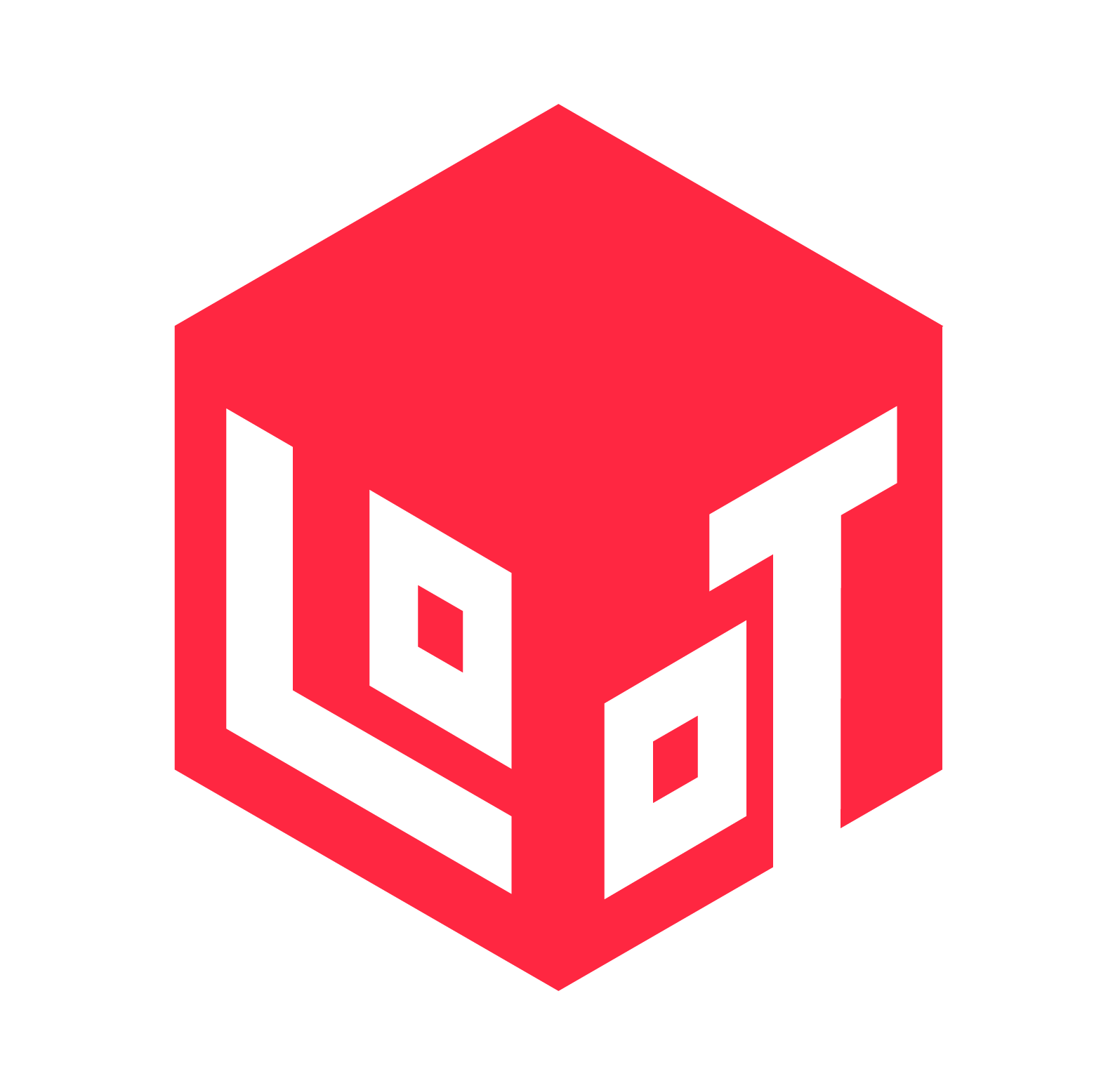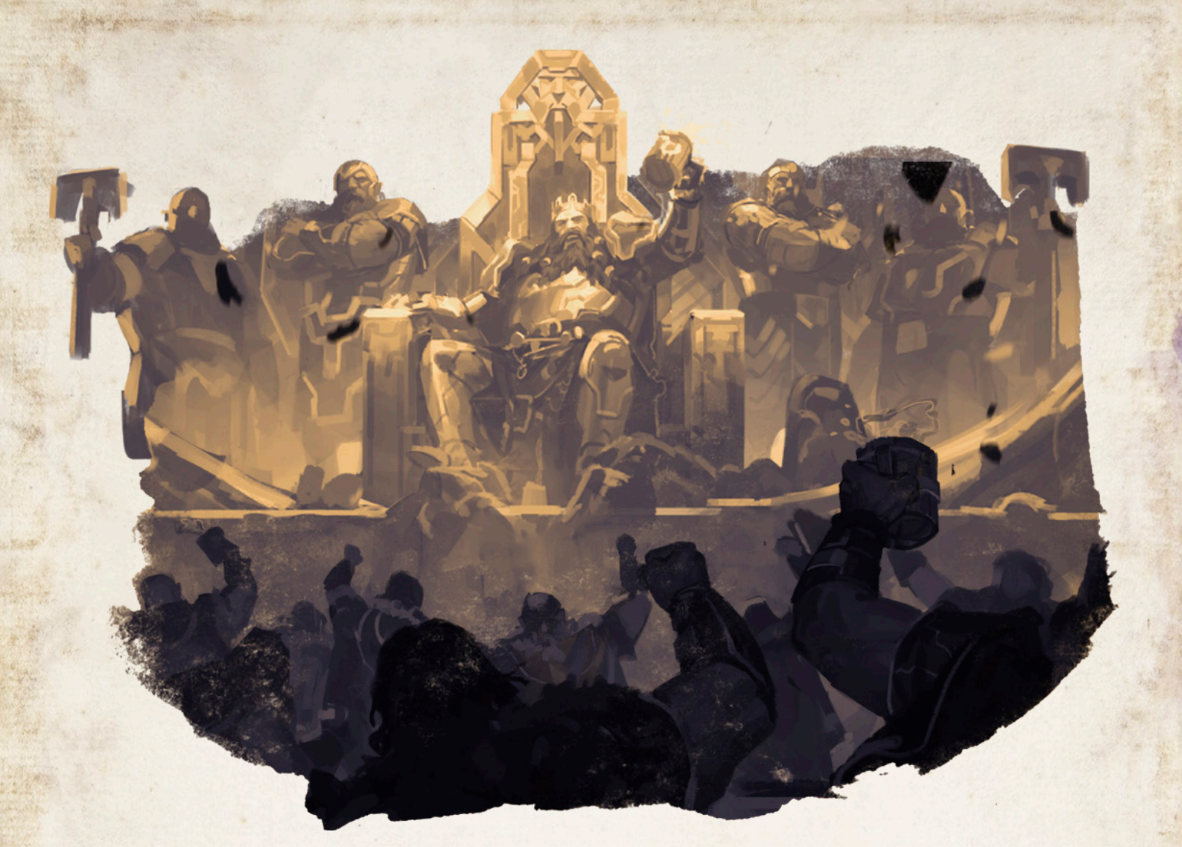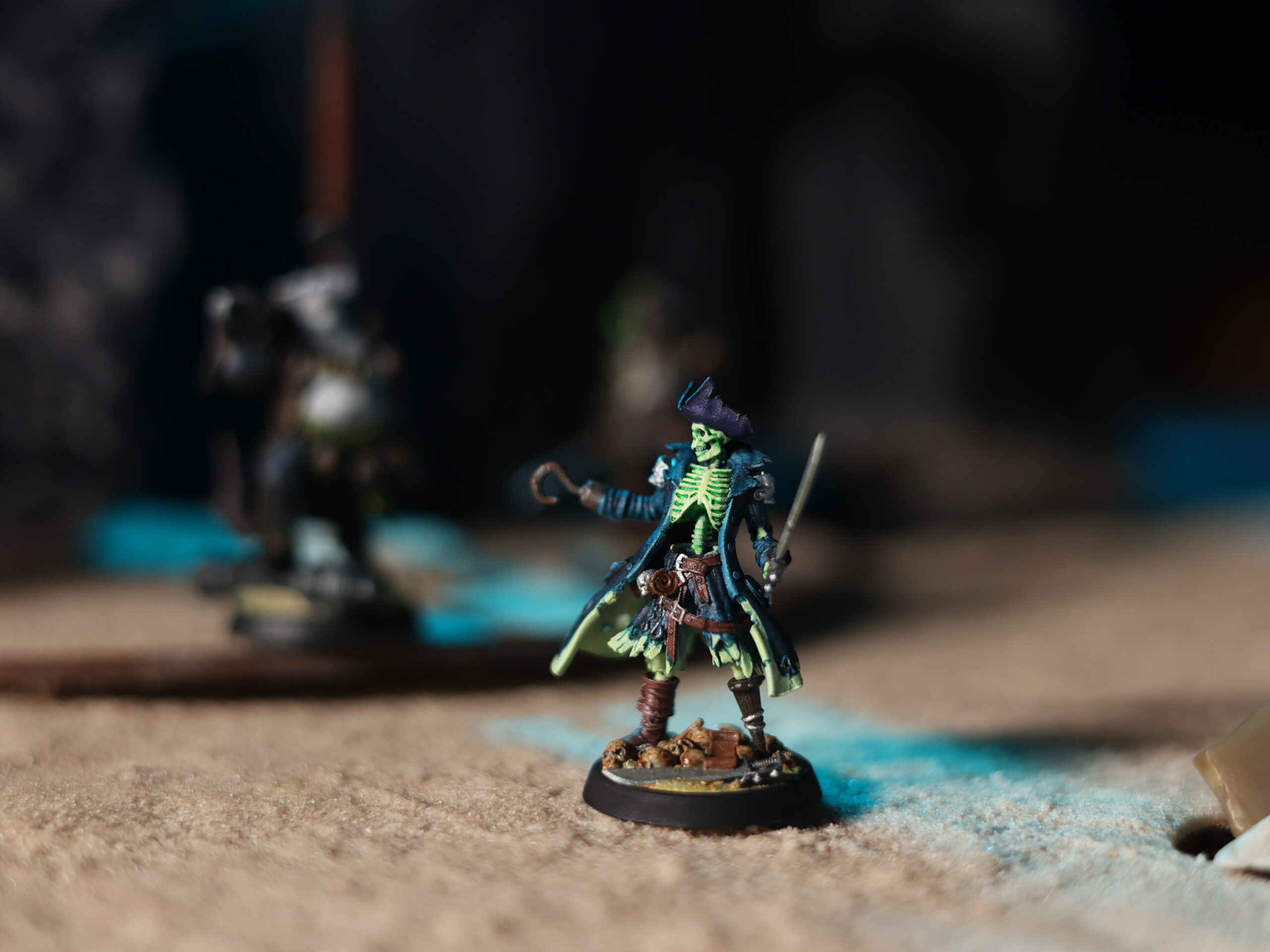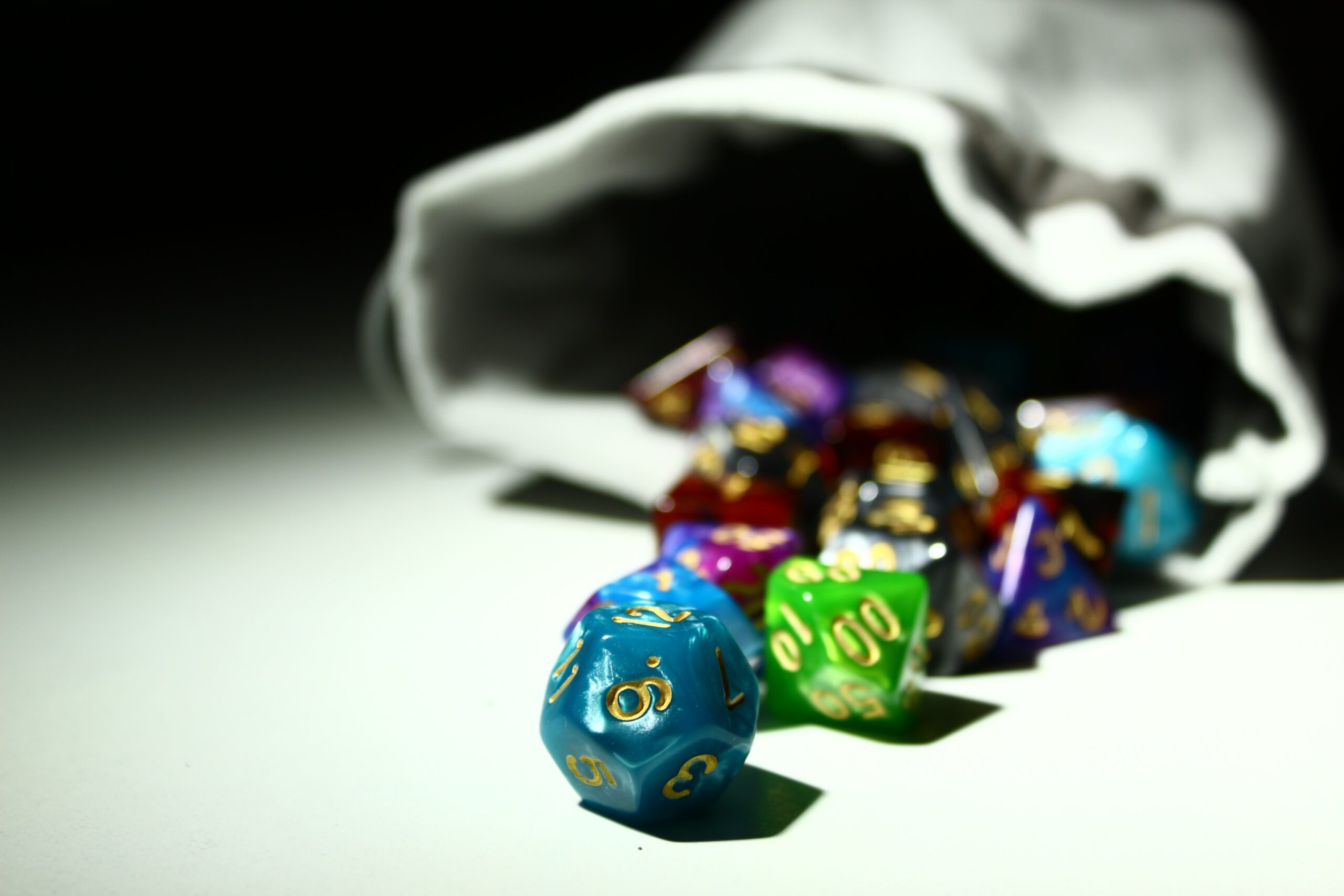How to Start Your First RPG Campaign
An Introduction to the TTRPG World
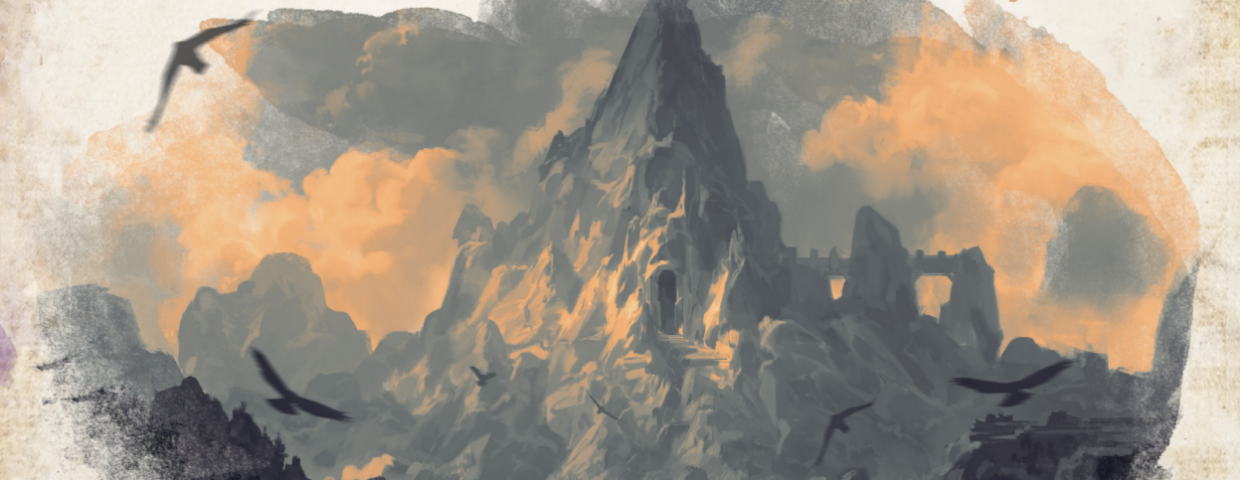
What once started as a small game of pen and paper back in 1974, hits today’s every existing media with applause. Movies, series, novels, comic books, video games, live streams, social media trends, and even music are dedicated to this beloved game genre. More than ever, new RPGs are coming to life. With new systems, new classes, new adventures for old settings, and more dedicated content creators teaching about this hobby as well. Because of that, it is the perfect moment to start your first RPG campaign and dive into the wonderful world of TTRPGs. Get ready to discover where to start, what channels to watch, and what things to consider to find the perfect RPG for your campaign.
Choose the RPG System
There are plenty of TTRPG systems in the market. From weird and underground masterpieces to mainstream favorites with complex rules. Choosing one may not be quick, and sometimes the verdict it’s just a matter of appeal. If it looks cool or fun, try it out. Don’t feel chained to a system that isn’t all that fun to play, nor feel obliged to play D&D just because it’s the most popular TTRPG of them. There are many incredible systems that are simpler and easier to learn than D&D. A good example is Cairn, a quick adventure with random classes and a light-rule setting focused on fast play and storytelling.
Some people play RPGs to see their characters evolve, gear up, and feel the achievements they’ve conquered along the way. Other people are just there for the roleplay part, to experience a fun story and be on an adventure with their friends, without caring much about loot or even experience points. Content creator Dicebreaker does an amazing job at summarizing how to choose a TTRPG system in his video How to Pick a Tabletop RPG That’s Right for You:
The Alexandrian also covers in great detail how to approach a first campaign, from both the player’s and the DM’s perspective, in his video Learning a New RPG:
With all of that said, remember to enjoy the process of discovering a new game and trying out new mechanics.
Keep at Hand
These are the most basic items that almost all RPG systems require to be played. Regardless, a few cool 3D printed miniatures, battle maps, and some ambient music are always welcome to help with the mood.
- Core rule book: after choosing the RPG system it’s important to keep the core rule book at the table. Nobody is obliged to memorize all of the rules or all of the effects. Even veteran players and DMs need to consult the rule book every now and again, especially when trying to outsmart the game itself.
- Character sheet: these paper sheets compress all the crucial information about a playable character, their hit points (i.e. health), items, gear, skills, and experience level. DMs can also use character sheets to keep track of the many NPCs they have to narrate during the story.
- Dice set: but not any dice set! RPGs use different types of die, with the most famous being a d20 (i.e. a die with 20 faces). Dies are responsible for combat results, and skill checks, adding an element of chance and surprise to the game. There are plenty of dice sets that come with d3, d6, d8, d12, and d20 which should cover any RPG system needs.
- Pen and paper: taking notes of the adventure is always useful, allowing players to better gather their thoughts, and remember what they heard from NPCs or even the parts of a puzzle. DMs should have lots of notes behind their DM screen to keep track of the plot, that session’s enemies, current NPCs stories, and any other important information for that specific session.
No Party, No Problem
Some people have a hard time finding others to play TTRPGs in person or match schedules to play with their friends, while others may feel embarrassed to enter a party of more experienced players. Some people prefer to play a short adventure at their own pace before jumping into a party, something like a tutorial to test their character. For all of these problems, there’s a special book category called CYOA (choose-your-own-adventure) that sometimes incorporates popular RPG system mechanics, such as D&D, into a non-linear story where players can gain experience, level up, and get upgrades and items, just as a normal RPG campaign. All of that without the need for a party or a DM.
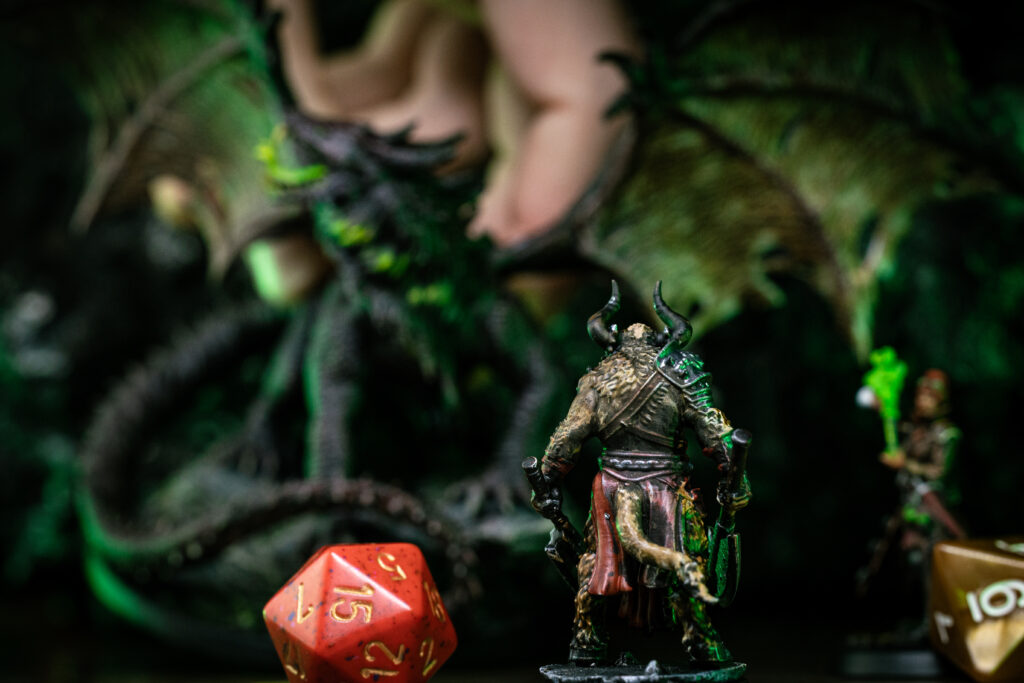
Pre-made Campaigns
Roughly speaking, when someone wants to be a DM it usually means they have a great idea for a really cool world or campaign. They want to narrate a story for their friends and share this exciting world that exists only inside their head. However, a lot of new DMs fall in love with the worldbuilding aspect of RPGs, drown in a pit of endless creation, and never get to the action part. It’s easy to get overwhelmed when preparing a campaign, be it long or short, or even preparing the next session when the base plot is not well-planned ahead of time. To prevent this, leave the magical world creation for later and start by mastering the basics of being a DM with pre-made campaigns.
Being a storyteller is more about learning how to tell a story rather than thinking which story should be told. There are plenty of pre-made, official campaigns, to explore that DMs can use to find their creative voice before jumping into their own custom campaigns or worlds. These official adventures and complementary books can be found at Drive-thru RPG’s website. A hub of TTRPG content for all kinds of systems and with content created by both industry professionals and hobbyists. Running pre-made and tested campaigns is a great lesson for any DM to understand what works and what doesn’t in an adventure, and is even a great way to learn what their players enjoy the most. Now that starting a first RPG campaign is not a mystery anymore, check out RPG: Character Creation for Dummies to create memorable characters and start the adventure.
Loot Studios can help you tell your story. Choose your favorite bundle from our previous releases or sign up for Fantasy or Sci-Fi to receive a new bundle every month. You can also check out some tips at our YouTube Channel.
